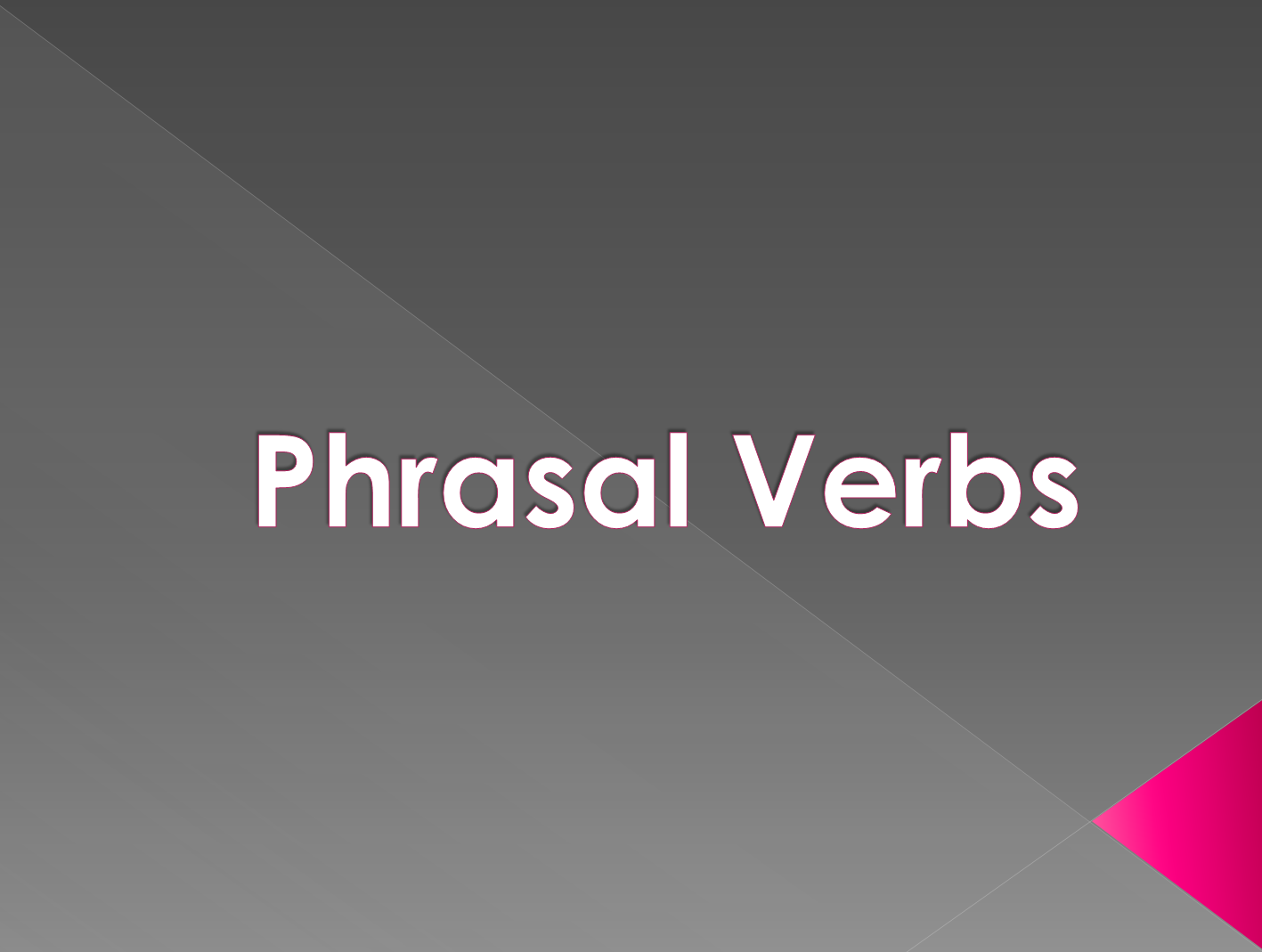
The Writing section is designed to test your skills in written expression. It will draw on the same powers of comprehension and inference that we’re used in the other sections, but only in the written form.
It is easy to become complacent about the Writing section, as it is the last of the four skills tested. On the face of it, the writing section seems easy. There are only two tasks to be completed with almost an hour to spend. This leads many candidates to become complacent in this section.
But as we shall see, the Writing section is where your time management skills are most important. The tasks require you to make use of your reading and listening skills along with your writing skills. Another reason the Writing section can be difficult is that this is where your deficiencies in grammar, spelling and punctuation become visible. It might have been possible to disguise these in the Speaking section, but the Writing tasks leave you with nowhere to hide.
For these reasons, the Writing section needs regular practice and close attention. In this article, you will learn about the format of the Writing section along with a few strategies and tips to get the maximum marks possible.
Types of Tasks
The Writing section is comprised of two tasks: the integrated task and the independent task. While the latter is solely a writing task, the former will also draw on other aspects of your linguistic abilities. Both will require essay-type responses, but with different emphasis.
1. Integrated task
The integrated task is a reading-listening-writing exercise and must be completed within 20 minutes.
You will read a passage on an academic topic for 3 minutes than listen to a short lecture on the same subject. You will be asked to summarize the details provided in the lecture and explain how they relate to the points made in the excerpted text. The lecture may strengthen, refute or challenge the information given in the written passage. Keep in mind that you are not being asked for your opinion. You have to explain the relationships between the text and the lecture.
More often than not, the question itself gives a good idea of how you are supposed to understand the relationship. If there is contradiction/disparity, the question will usually ask you to show the ways in which the lecture “casts doubt” or “challenges” the reading passage. When the passage and the lecture are in agreement, the question will also require you to show how one “supports” or “strengthens” or “elaborates on” the agreed ideas.
The word count for responses is usually between 150 and 225 words. You will not be penalized for exceeding it, as long as the answer is coherent and complete.
2. Independent task
You will be given 30 minutes in which you will have to write a short essay on the given question. The question will ask you to give your opinion on a particular issue, which you will have to justify with suitable examples.
There is no upper word limit, but you should write a minimum of 300 words. According to experts, you will need to write at least this much to display the level of ideas and organization expected in the test. You need to strike a balance between the number of ideas you put down and the overall effectiveness of your communication.
How to write
The Writing section tests your skills in organization and written presentation of ideas, not your prior knowledge of the given subject. Your responses are evaluated on three criteria:
- development;
- organization; and
- language use.
Your essay should be well developed, using adequate and appropriate details, explanations and examples. It also needs to be well-organized with a clear line of thought and precise arguments. Finally, your language use should be proficient, with minimal errors in grammar and spellings.
Small errors may be overlooked if they are not too frequent, and do not distort the intended meaning.
Note-taking is of paramount importance in this section. There needs to be a clear and parallel link between your draft notes and “final copy”. You do not have enough time to prepare a detailed outline. You only need a rough outline of the major idea you will cover, along with at most three examples.
Beyond this, you will need to “make up” the details as you go along. You should not underestimate the importance of good notes, but at the same time, you have to be flexible in your approach in the notes section.
A good essay requires a clear and concise thesis statement. Usually, this can be generated out of the question itself. All you need to do is take the main words from the original question and rephrase them into a strong statement of your opinion. Also, make sure to include in your response details and examples that can give substance to your argument.
Editing is essential to check for structure and flow of ideas in your essay. Keep at least 3 minutes in the integrated task and 5 minutes in the independent task for rechecking and editing.
One thing to remember in the Writing section is that you must focus on the quality of writing, not the quantity. Your writing needs to be clear and precise. This can be achieved only through a balancing of the note-taking, writing and editing steps of the process. Sometimes writing long essays can even be counter-productive, since the more time you spend on writing, the less time you spend on editing and improving the writing.
Tips for Practice
Here are a few ways in which you can make the most effective use of your Writing Practice:
Practice timed writing. Writing for TOEFL is not the same as writing an essay for your college assignment. Time management is crucial. Some people cannot handle the pressure and end up writing almost nothing. Others are unable to finish their essays on time. While practicing for the Writing section, always use an alarm and finish everything within the given time.
It is useful to prepare some basic sentence patterns and transition words for use in your writing. Learn to use phrases like “for example,” “also,” “furthermore,” “on the contrary,” and “at the same time.” These are useful for the following three reasons:
- they allow you to exhibit your advanced sentence construction skills;
- they help you to fill in a surprisingly large amount of information even in a small paragraph; and
- they give a clear organization to your writing.
Read widely and be well-informed about current events, people and trends in the world.
The Writing questions offer no options, so whatever you are asked will come as a surprise. The only way to prepare for this is to be informed on a wide range of topics so that you have something substantive to write in your response.
Stay on the subject! Remember that TOEFL markers are always expecting pre-prepared answers, which are only vaguely related to the topic given in the question. To avoid giving this impression, stay on topic. In trying to do this, you may sometimes end up writing a little less when confronted with a difficult or unfamiliar topic. But even this is fine because those few lines will have something important to say.
Practice typing skills. Though it may be called the “writing” section, your response needs to be typed on a keyboard for TOEFL. You can end up wasting a lot of time and making many mistakes if you are not proficient in typing.
Practice paraphrasing sentences/ideas. You will be given zero if your written response only contains words and phrases copied down from the reading passage. You need to include all the information but written down in your words. Practice paraphrasing to make your expression direct and informative.
You may also read:
- Schedule Planning in TOEFL – A Brief Guide
- Tips for Success in your TOEFL Writing Exam
- Tips for Success in your TOEFL Speaking Exam
- Tips for Success in your TOEFL Listening Exam
- Tips for Success in your TOEFL Reading Exam
- Top 6 TOEFL Exam Preparation Tips: Key To Success
- Getting Started To Learn IELTS or TOEFL
- Idioms and Other Expressions Used For Talking About ‘Work’
- What Are Weasel Words?
- Money and Finance – Test Your Knowledge
- Phrasal Verbs, Idioms and Other Expressions Using ‘CUT’
- How to Say Time in English
- Idioms and Other Expressions Used For Talking About Money
- Shopping and Consumerism – Match the Correct Name
- Phrasal Verbs – Choose the Correct Verb
- Currency Markets – Choose The Best Words
- Personal Qualities – Use the Best Nouns and Adjectives








